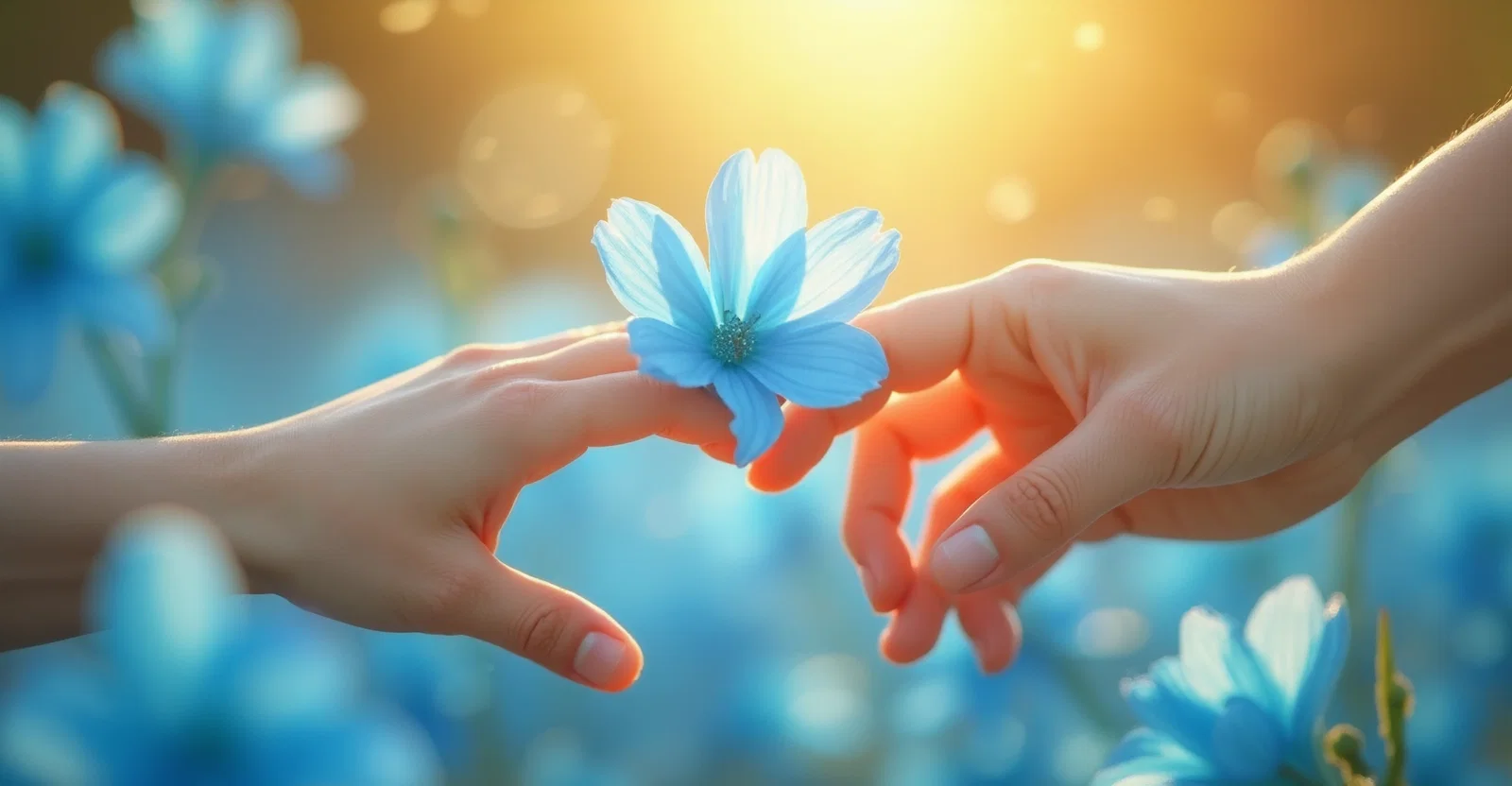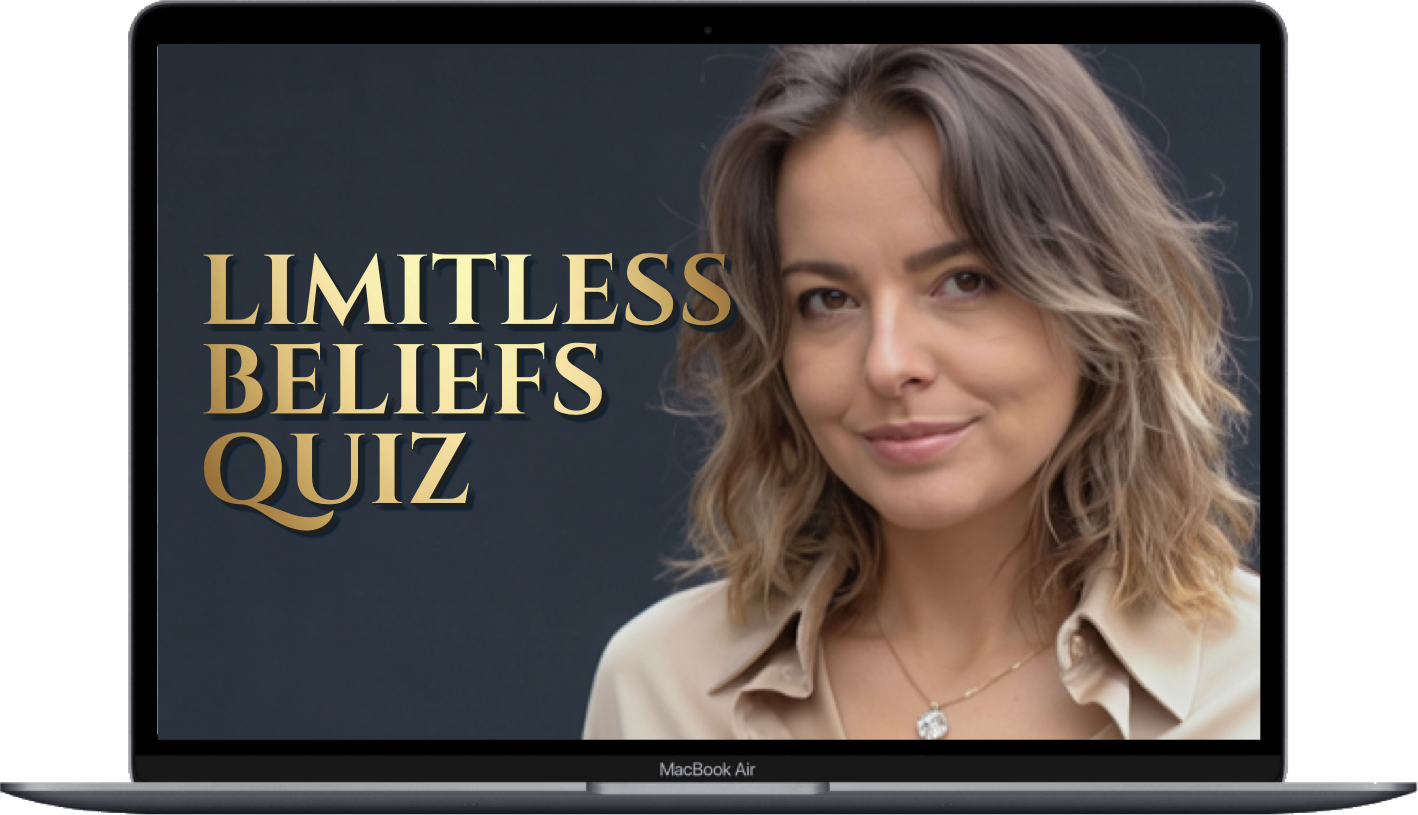We often think of love as something that happens between two people—as if it’s a finite resource, carefully allocated and exchanged. But love isn’t a contract. It isn’t a promise dependent on someone else’s behavior. Love is a state. A state we can choose to enter in any moment, because life itself is made of love. When we reduce love to what we feel for just one person, we miss its immensity. We close the tap on a spring meant to flow freely.
And what we often call love between two people is, more accurately, relationship. It’s structure, interaction, emotion—but not always love in its purest sense. True connection happens when two open people, unattached, meet soul to soul. They pause, they witness each other, and sometimes that moment lasts a lifetime. But it doesn’t require possession or permanence.
Sex, in its raw form, is beautiful—but it can be like ripples across the surface of the ocean. To dive deeper is to surrender to the full force of the storm, to let the elemental energy of love carry us beyond performance, beyond pattern. It’s in the depths that the treasure lies.
I understand now why love has always felt sacred to me. You cannot love and remain closed. Love forces the heart open—not just to a person, but to the whole world. It breaks the illusion of separateness. That’s what makes it so powerful. And it is worth loving, even if that love is not returned. Love does not need validation to be real.
And yet, there’s another truth we cannot avoid. In a world where suffering erupts through violence and silence, where power shapes fear into action, and where hatred begets more hatred—what does love mean?
No movie or thriller can replicate the real fear of being held hostage. The stillness of a city on the brink. The silence of those in power. The sickening awareness that violence is a mirror of our collective thoughts. That every act of hatred we allow within ourselves joins a greater wave of destruction. That our bitterness does not disappear—it circulates, it amplifies, it gathers, and it detonates in places we never imagined.
And so we find ourselves helpless. Or so it seems. Because even when we cannot act externally, we can still love.
That is not nothing.
It is everything.
The weak lash out. They justify cruelty. They become fuel for the fire. But the strong? The strong seek strength not in retaliation, but in wisdom. They dare to remain open. They dare to continue loving. Not because it’s easy, but because it’s the only way the cycle breaks.
To wish death upon one person—any person—is to multiply death itself. To harbor hatred in the name of justice is to hand our pain to the very forces we fear. They take our hatred. They weaponize our rage. And we think we’re helping when we’re really handing them the match.
We cannot control much. But we can channel all our love, all our light, all our holiness, to meet pain where it lives. We can aim our hearts toward healing, even if we never see the result. Even if the world doesn’t change tomorrow.
Too often, we love from behind locked doors, armored hearts. As if expecting an ambush, or worse—waiting to be consumed. But the real courage is in loving anyway. Stepping into the open field. Meeting the world without a shield.
Even if we are cracked open in the process.



